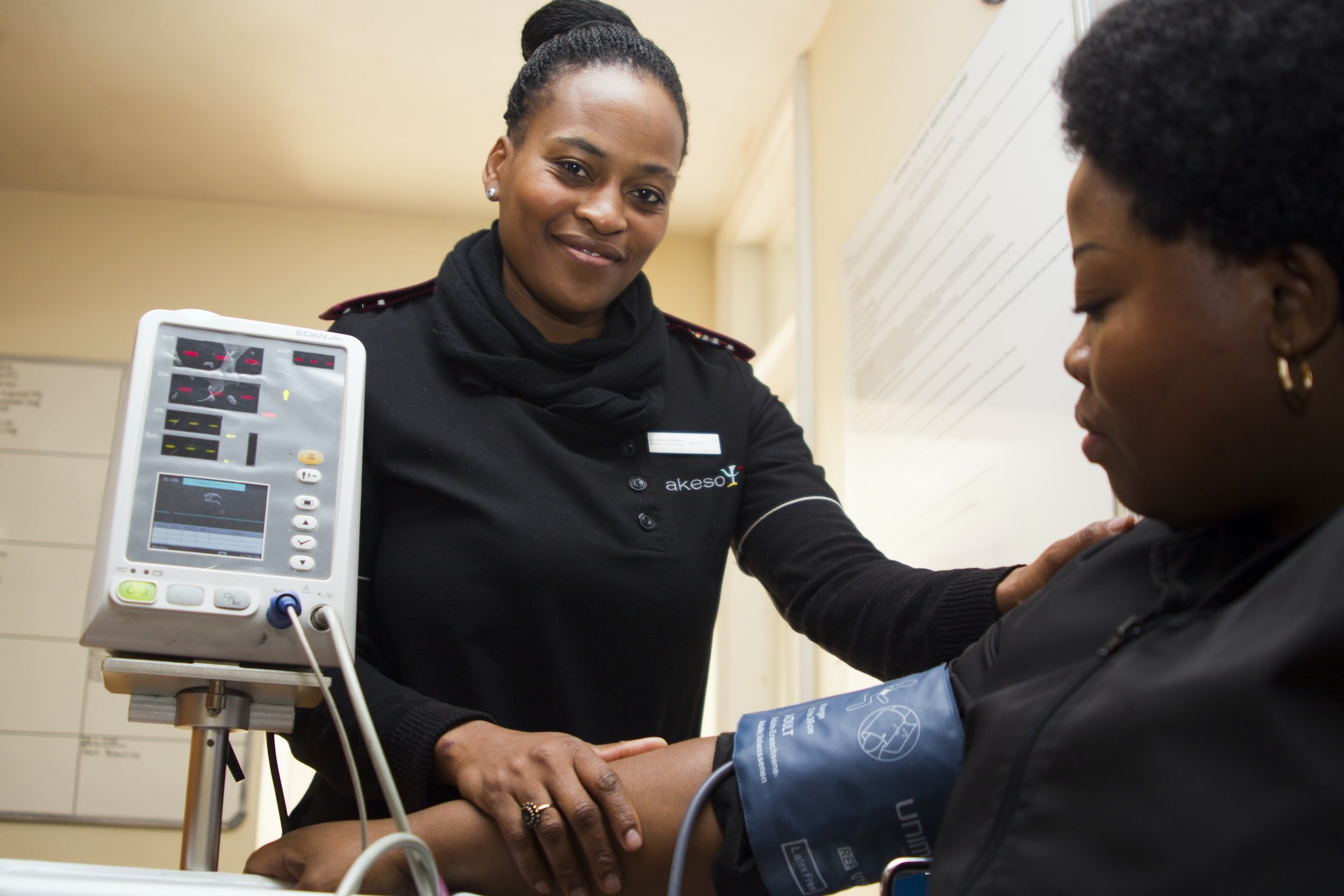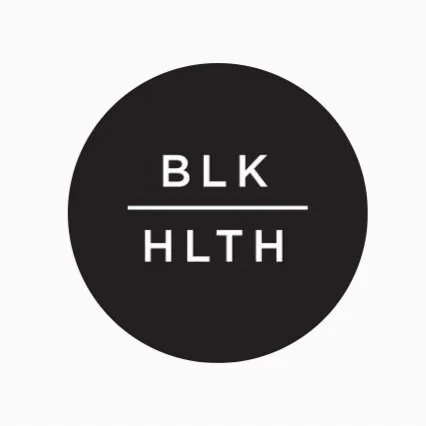Unequal Footing: The Challenges Black Millennials Face in Healthcare
Written by Melissa Schenkman, MPH, MSJ
What’s the COVID-19 pandemic been like for you? Your answer likely depends on where you live, your economic status, and your race or ethnicity.
As one of the most technologically advanced generations of our time, we are constantly hearing about COVID-19’s effects. One takeaway message: marginalized groups—people with less access to healthcare resources—are having their lives affected more by this novel virus than others.
In fact, Black Americans were shown to be infected with COVID-19 at nearly three times the rate of white Americans, and found to be twice as likely to die from the virus—both according to a National Urban League report released in August and based on Johns Hopkins University data.
But for millennials as a generation, the impact goes far beyond bank accounts and prospects for a stable financial future, which is often the media’s focus. Rather, many millennials are getting sick and the ones hardest hit are those from marginalized groups.
Why? It’s because members of Generation Y from the Black community and other minority groups are also often the ones with preexisting conditions, and lack of access to health care and healthcare knowledge to begin with. On top of that, many are in the roles of the essential workers that are keeping our country’s economy afloat. It’s all a perfect and unfortunate storm.
To gain perspective on the unique healthcare challenges Black millennials face, why the pandemic is affecting them disproportionately, and what changes can be made to make health care a successful experience and more, YMyHealth spoke with 30-year-old Matthew McCurdy, MPH, Co-Founder of the nonprofit BLKHLTH.
Matthew McCurdy, MPH, is a native of Stone Mountain, Georgia. He graduated from Georgia State University with a degree in political science and received his Master of Public Health degree from Emory University’s Rollin’s School of Public Health.
The organization he co-founded in 2016 with three fellow MPH students at the Emory University’s Rollins School of Public Health critically engages and challenges racism and its impact on Black health. They carry out their work through workshops and trainings, practice-based consulting, community health events, and digital media.
McCurdy is interested in how our political and social systems impact the health and wellness of Black Americans. He works with people to develop solutions to mitigate the impact of these systems.
And our country along with all of his fellow millennials could use his help in working towards changing our system, now more than ever.
YMyHealth: What are the top challenges that Black millennials find they are facing when it comes to their health and health care compared to their millennial friends of other racial and ethnic backgrounds?
Matthew McCurdy: Racism is the largest barrier to the optimal health of Black millennials. It shapes the existence and quality of health protecting resources in our neighborhoods like nutritious foods, health information, and safe green spaces. Racism shapes our everyday experiences through discrimination that leads to the destruction of our bodies through at best, stress, and at worst, death.
When we eventually do get sick from our environment, racism impacts the way health care is delivered. Eradicating all forms of racism is the best way to improve the health of Black millennials.
YMyHealth: Do you believe the health disparities that exist stem from access to health care or access to health knowledge, or both?
Matthew McCurdy: The short answer is both. I think increases in health knowledge will come with a more accessible healthcare system. We tend to think of health knowledge as an individual responsibility, but an accessible health system is also a more informative health system.
To me, accessibility has to mean more than proximity to where you live or affordable costs. If you’re going to really achieve accessibility for Black millennials and the Black community in general you have to ask these questions and the answers need to be “yes.” Do Black people feel safe in this environment? Do Black people feel affirmed here? Putting an urgent care or health clinic in a Black neighborhood is not sufficient. We have to ensure that we create spaces where Black people feel safe and heard.
YMyHealth: Do Black millennials find that one of the challenges they face is how health and medical topics are communicated to them? If so, how should health communication be done differently so that it can be tailored toward this particular population and really make the positive impact that it’s intended to?
Matthew McCurdy: Yes, communication is a big challenge. Black millennials have trouble finding accurate and reliable health information that is tailored to their experience and preferences for the delivery of health information.
Historical and contemporary racism inside and outside of the health system has created a level of distrust among Black people, and I think Black millennials are especially in tune with how their race impacts the quality of healthcare they receive. I don’t think the healthcare system or general political system has really wrestled with this issue.
Something that we have found helpful in BLKHLTH is to simply ask people how they prefer to communicate and what information they feel would be valuable to them. We can then create and tailor our content to fit that style and need. Black millennials know what they want, and we have to trust that they are their own experts who are bringing their own experiences to the table.
YMyHealth: As a Black millennial, what’s one challenge you have found in relation to health care? What do you think fellow Black millennials are looking for in the healthcare space and what needs to change to make that a reality?
Matthew McCurdy: Life has been a little stressful lately, so I decided to start therapy to talk through some of the things I am feeling and develop some healthy strategies for coping. I knew that I wanted a therapist who was Black and trained in some form of cultural competency so that they would be equipped to understand my perspective and provide solutions personalized to my needs. I found this company Hurdle that really aligns culture with services, and I’ve found their model effective. In my initial screening, they asked about my preferences for a therapist (race, gender, etc.) and about any details I wanted to share that could help inform my care. I thought that personalization and level of commitment to culturally responsive care was important.
In my work with BLKHLTH, I’ve heard similar stories from Black millennials. We want services that are personalized to our identity because racism creates a unique experience that not everyone can relate to.
I know many of my friends who have considered using Black doulas for their childbirth or have even trained as doulas to support other Black women in childbirth. With the disproportionately high rates of maternal mortality, these personalized and culturally responsive care options are important and the healthcare infrastructure should support mechanisms that make these options more readily available.
YMyHealth: What health conditions impact the Black millennial community more frequently (and with negative health consequences) than millennials of other backgrounds?
Matthew McCurdy: I don’t think much has changed in terms of health disparities across the generations. Black millennials have or will have (without significant intervention) higher incidence of heart disease and stroke, diabetes, cancers, maternal mortality, and ultimately lower life expectancies than other millennials.
YMyHealth: From one person with a Master of Public Health to another with that training and mindset, what do you think the role of public health is in improving health outcomes for Black millennials? What can the healthcare sector learn from public health about promoting health equity?
Matthew McCurdy: Primarily, public health must continue to name racism as a fundamental cause of health dipartites. If we can increase the public’s general understanding about how racism operates, how it has an impact on public health outcomes, and strategies to undo racism, we can improve the health of not only Black Americans, but also all people living in this country.
Secondly, public health as a field has to do a better job of communicating what we do and getting a seat at the hypothetical table where policies and strategies are being developed. There is a basic lack of understanding of fundamental public health concepts among the general public and even in healthcare systems, and it will be difficult to really make progress until people have an understanding of those concepts.
“Health happens outside of hospitals and clinics, and we can prevent poor health outcomes through public health methods.”
YMyHealth: Tell me about what the pandemic has meant for Black millennials. In what ways have they been disproportionately affected? How do race and racism affect health outcomes?
Matthew McCurdy: I think this pandemic has been really difficult for everyone. However, Black millennials are suffering from what people have called a dual pandemic: racism and COVID-19.
Racism creates a structure that advantages one group and disadvantages another, leaving one group without the resources to, in this case, protect themselves from a global pandemic. COVID-19 has really exasperated those conditions.
Black millennials were already experiencing a disproportionate burden of health issues that increased the risk of having worsened or fatal COVID-19 cases (a lot of the conditions mentioned earlier in this blog), so it was not a surprise to me to see more Black people dying from this disease.
YMyHealth: What are your thoughts on the Black Lives Matter movement? How can this movement be a catalyst for improving Black millennial health?
Matthew McCurdy: I see the Black Lives Matter movement as an extension and continuation of the Civil Rights Movement. It is a continuation for the fight for equity and equity is ultimately tied to the health and wellness of Black bodies.
Reductions in police violence, increases in access to health protecting resources, and the humanization of the Black experience will all improve the health of Black millennials.
To learn more about BLKHLTH, checkout their resources, programming, and podcast at www.blkhlth.com.
Subscribe to the YMyHealth newsletter to stay up to date on everything that’s health-related for millennials!






